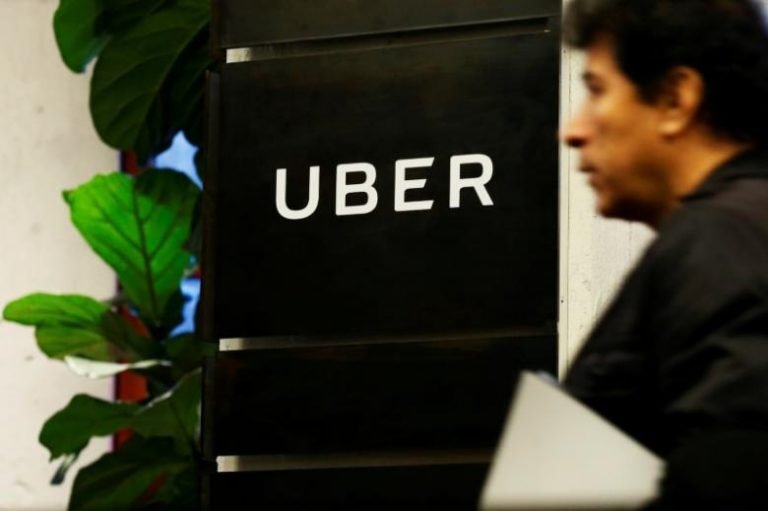The Amalgamated Union of App-Based Transport Workers of Nigeria has said that its members are intending to leave the country’s leading e-hailing companies, Uber and Bolt, owing to their reluctance to allow drivers to negotiate collectively.
Jossy Olawale, Publicity Secretary of the union, which includes drivers for e-hailing companies such as Bolt and Uber, said in the report
According to him, AUATWON members endured unprecedented suffering as a result of the loss of fuel subsidies and the resulting increase in petrol prices.
Olawale stated that repeated attempts to convince the app-based enterprises to adopt tariff increases in line with the increased fuel price had been futile.
He went on to say that, despite the recent increase in gasoline costs from N488 to N617, the app-based firms had failed to revise ticket pricing, putting drivers at a loss.
“The union is considering various alternatives,” he stated. We are requesting federal assistance. We are also considering different economic models, such as partnering with other software firms that are willing to work with our template, which would be fair to both us and our consumers. We’re looking into it.”
Olawale stated that, in addition to refusing to adjust their charges to reflect current market conditions, the top app-based firms filed a suit against the drivers with the Ministry of Labour and Productivity.
“These two companies (Bolt and Uber) raised a petition against AUATWON, demanding that we change our name with the intention of removing the ‘workers’ and inserting ‘drivers’ on the grounds that we are not workers, as opposed to the approval letter granted by the Minister of Labour in January,” he added.
In addition, to mitigate the impact of the subsidy elimination, the union said it was asking the Federal Government to provide grants to its members to study the alternative fuels that specialists had offered in CNG.
Bolt stated that it understands the substantial economic constraints created by increased gasoline prices and empathises with both its drivers and clients.
The firm went on to say that it is committed to properly examining the impact of the recent gasoline price hike and adopting the required measures to minimise any negative impacts on all stakeholders.
“We understand the concerns raised by the recent fuel price increase and its potential impact on the attractiveness of the Nigerian ride-hailing industry,” it stated.
“However, we are steadfast in addressing these issues head-on and ensuring that they do not jeopardise the safety of our drivers and riders.” Our commitment to finding long-term solutions and improving the overall appeal of the Nigerian ride-hailing sector is unchanged.
Uber Country Manager Tope Akinwumi stated that the business has developed additional mechanisms to help drivers on its platform mitigate the effect of rising gasoline prices.
“We remain committed to conducting thorough reviews to ensure our drivers receive the best earnings on our platform, to maintain our position as the most affordable and preferred choice for riders, and to ensure the long-term sustainability of our business.”
“Last month, we increased Uber fares twice and lowered our service fee to help drivers with the recent spike in operating costs,” Akinwumi explained. We will continue to constantly monitor the situation to ensure that Uber stays economically viable for drivers while remaining inexpensive for passengers.
“We raised Uber fares on June 3rd and 9th to assist drivers with the recent increase in fuel and other operating costs.” At the same time, we’ve reduced Uber’s service charge from 25% to 20% in order to reduce the burden on drivers.”











